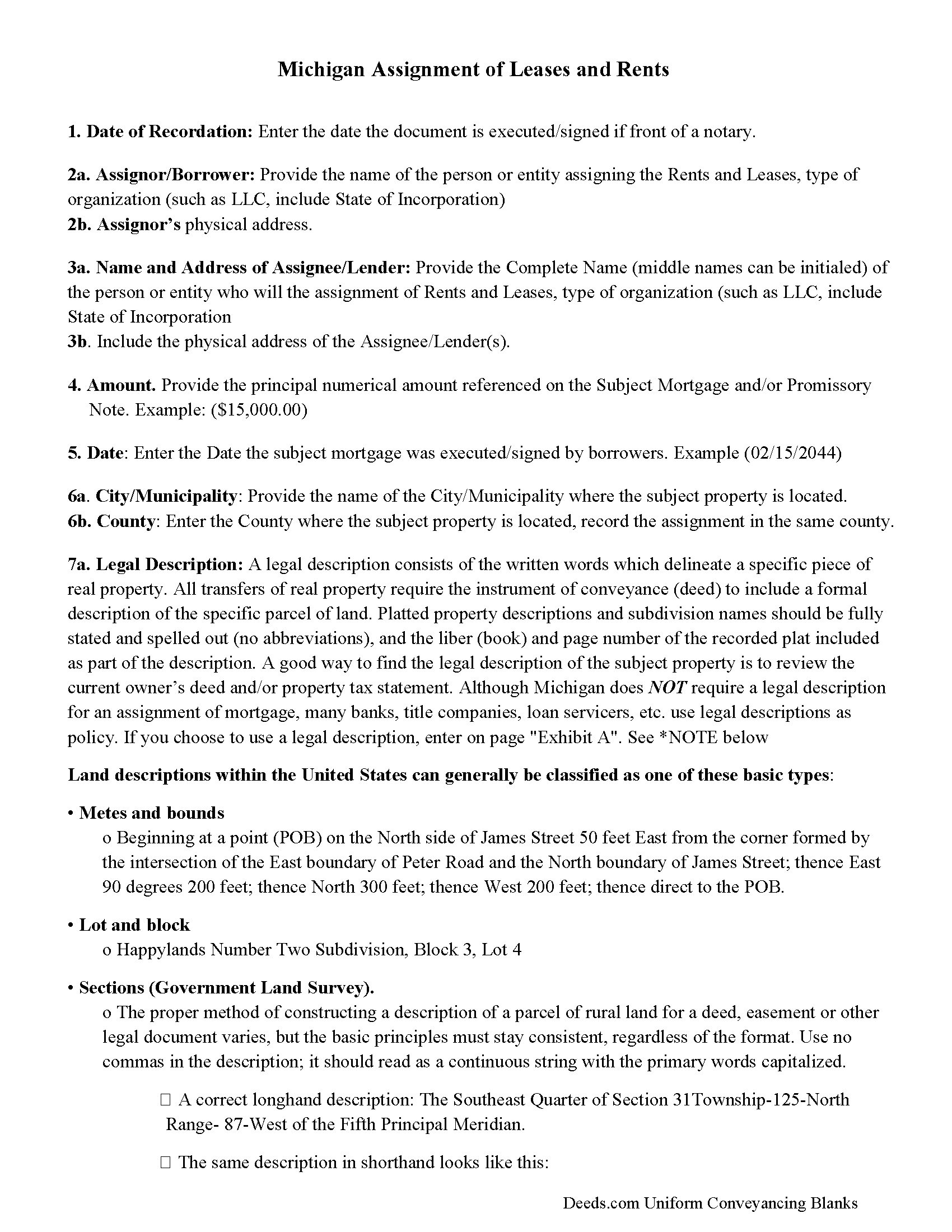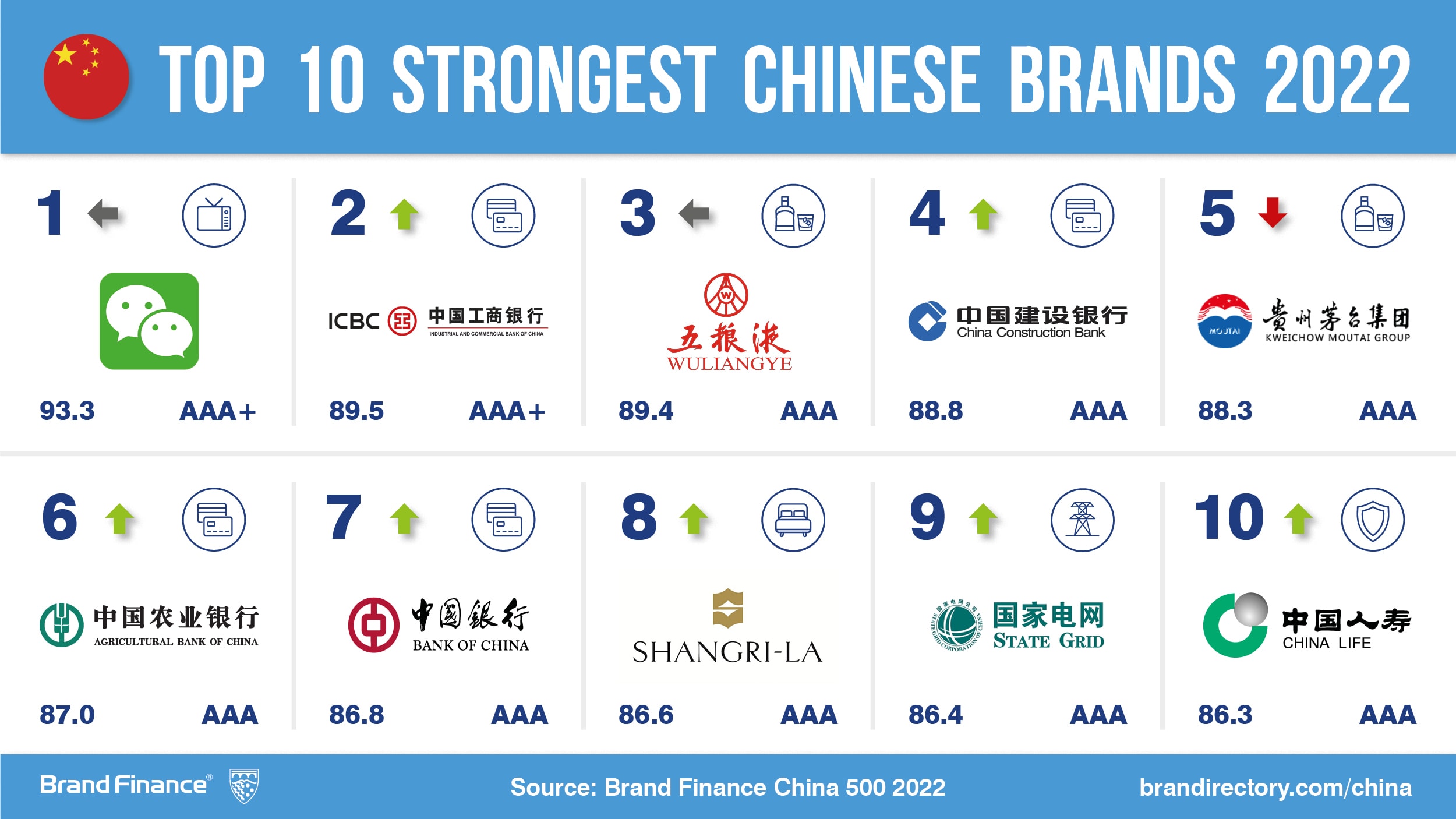Turning "Poop" Into Podcast Gold: An AI-Powered Solution For Repetitive Documents

Table of Contents
Identifying and Quantifying Data Redundancy ("Poop"):
What constitutes repetitive data?
Repetitive data, or "data poop" as we're playfully calling it, encompasses various forms of duplicated or redundant information. This isn't just about identical copies; it includes similar customer inquiries with slightly different wording, duplicated reports with minor variations, and redundant spreadsheets containing overlapping data. For instance, imagine a healthcare provider with multiple patient records containing the same allergy information, or a financial institution with slightly different versions of the same client contract scattered across different systems. These inconsistencies create inefficiencies and can lead to errors.
-
Examples of repetitive data in various industries:
- Healthcare: Duplicate patient medical history entries, repeated test results.
- Finance: Multiple versions of client contracts, redundant transaction records.
- Marketing: Duplicate email lists, similar customer profiles.
- Manufacturing: Repeated product specifications, duplicated quality control reports.
-
The hidden costs of manual data redundancy processing: Manual processing of redundant data wastes valuable time and resources. Employees spend countless hours identifying, verifying, and correcting duplicates, leading to increased labor costs and reduced productivity. This also increases the risk of human error, potentially leading to incorrect decisions and lost revenue.
-
The impact of data redundancy on productivity and decision-making: Data redundancy negatively impacts decision-making by hindering access to accurate and timely information. It creates confusion, delays projects, and ultimately hinders a company's ability to reach its full potential.
AI-Powered Solutions for Data Deduplication and Consolidation:
Leveraging AI for automated data cleaning.
AI algorithms offer powerful solutions for automated data cleaning and deduplication. Techniques like natural language processing (NLP) and machine learning (ML) can identify and eliminate duplicate data with incredible accuracy and speed. NLP helps analyze and understand the semantic meaning of text, even if phrasing is slightly different, while ML algorithms learn from patterns in the data to identify duplicates based on similarity scores.
-
Specific AI techniques used for data deduplication:
- Fuzzy matching: This technique identifies similar records even if they aren't exactly identical, accounting for minor variations in spelling, formatting, or data entry.
- Similarity scoring: Algorithms assign scores based on the similarity between different data points, allowing for automated classification and removal of duplicates.
- Tokenization and stemming: Breaking down text into individual words (tokens) and reducing words to their root form (stemming) allows for more accurate comparison and identification of semantic similarities.
-
Examples of AI tools and platforms for data cleaning and consolidation: Several vendors offer AI-powered data cleaning solutions, often integrated with cloud platforms like AWS or Azure. These tools provide comprehensive functionalities, including automated deduplication, data standardization, and data quality monitoring.
-
Advantages of AI-driven solutions over manual processes: AI-driven data cleaning offers significant advantages over manual processes. It provides superior speed, accuracy, and scalability, drastically reducing the time and resources required for data deduplication and consolidation.
Real-World Applications and Case Studies:
Success stories showcasing the benefits of AI-powered data cleaning.
Many companies have successfully implemented AI-powered data cleaning solutions, experiencing significant improvements in efficiency and accuracy.
-
Case study 1: A major healthcare provider reduced patient record processing time by 60% using an AI-powered deduplication system, significantly improving patient care and reducing administrative overhead.
-
Case study 2: A financial institution improved data accuracy by 85% by automating data cleaning, resulting in more reliable financial reporting and better risk management.
-
Case study 3: An e-commerce company saved an estimated $500,000 annually by eliminating redundant processes through AI-driven data deduplication and consolidation, freeing up resources for other critical business activities.
Future Trends and the Evolution of AI in Data Management:
Looking ahead at advancements in AI-powered data management.
The future of AI in data management is bright, with continuous advancements in NLP and ML promising even more accurate and efficient data cleaning solutions.
-
Advancements in NLP and ML: The ongoing development of more sophisticated NLP and ML models will lead to improved accuracy in identifying and resolving complex data redundancy issues.
-
The role of cloud computing: Cloud computing is playing an increasingly important role in enabling scalable AI-powered data cleaning solutions, allowing businesses of all sizes to access powerful tools without significant upfront investment.
-
The potential impact of AI on future data management strategies: AI will likely become even more integrated into data management strategies, automating a wider range of tasks and providing real-time insights into data quality and integrity.
Conclusion:
Turning "poop" (repetitive data) into podcast gold (valuable insights) is achievable with AI-powered solutions. By leveraging AI for data deduplication and consolidation, businesses can drastically improve efficiency, accuracy, and decision-making. Don't let redundant data bog you down. Explore AI-powered solutions today to streamline your data management and unlock the full potential of your information. Start transforming your "poop" into gold by researching AI-driven data cleaning tools and implementing them in your workflows. The time to clean up your data mess is now!

Featured Posts
-
 Trump Denies Intentions To Fire Federal Reserve Chair Jerome Powell
Apr 24, 2025
Trump Denies Intentions To Fire Federal Reserve Chair Jerome Powell
Apr 24, 2025 -
 Hudsons Bay 65 Leases Attract Significant Interest
Apr 24, 2025
Hudsons Bay 65 Leases Attract Significant Interest
Apr 24, 2025 -
 Investigation Into The Long Term Presence Of Toxic Chemicals Post Ohio Derailment
Apr 24, 2025
Investigation Into The Long Term Presence Of Toxic Chemicals Post Ohio Derailment
Apr 24, 2025 -
 Bof A Says Dont Worry About Stretched Stock Market Valuations
Apr 24, 2025
Bof A Says Dont Worry About Stretched Stock Market Valuations
Apr 24, 2025 -
 The Chinese Automotive Market Challenges And Opportunities For Global Brands Like Bmw And Porsche
Apr 24, 2025
The Chinese Automotive Market Challenges And Opportunities For Global Brands Like Bmw And Porsche
Apr 24, 2025
